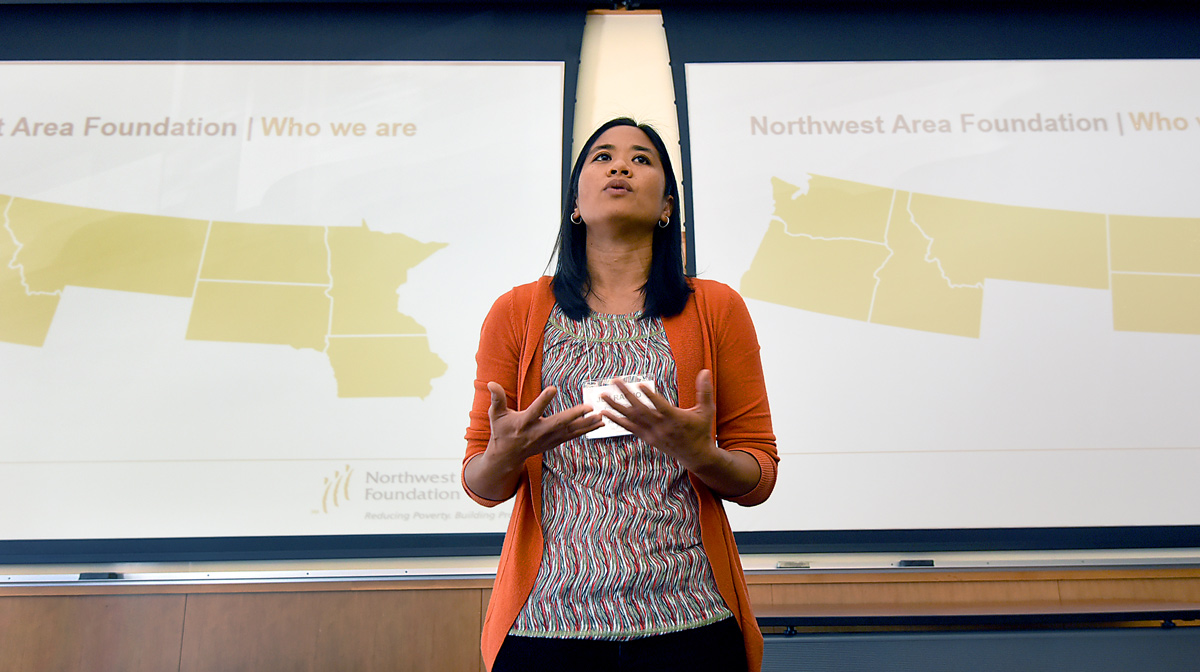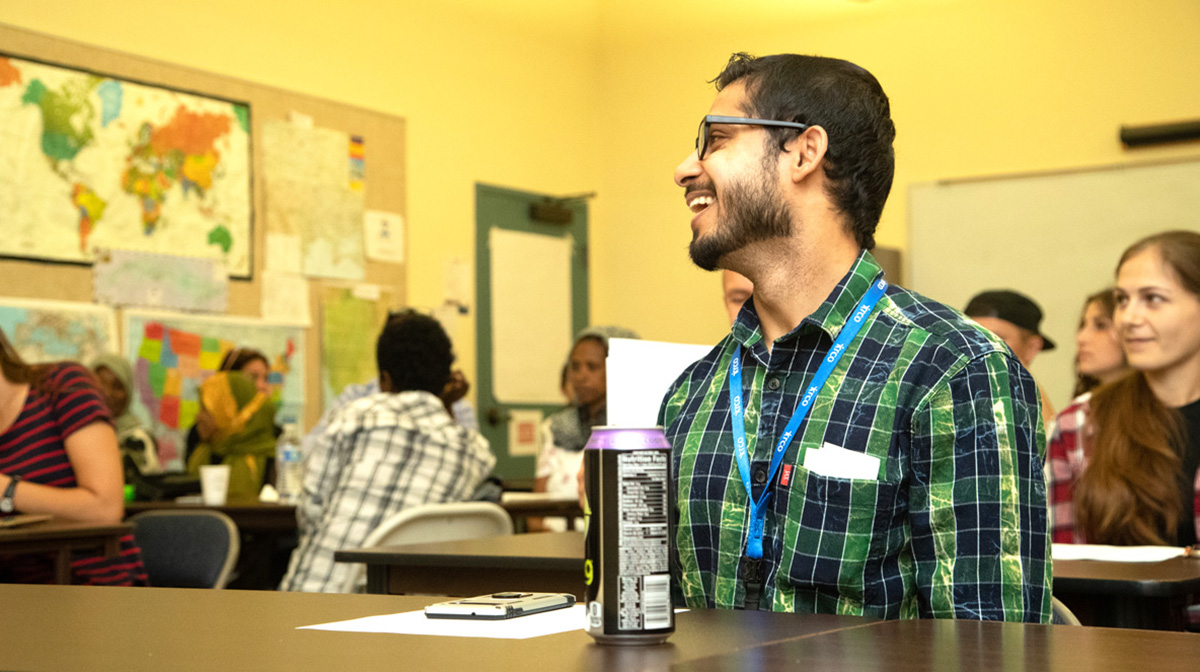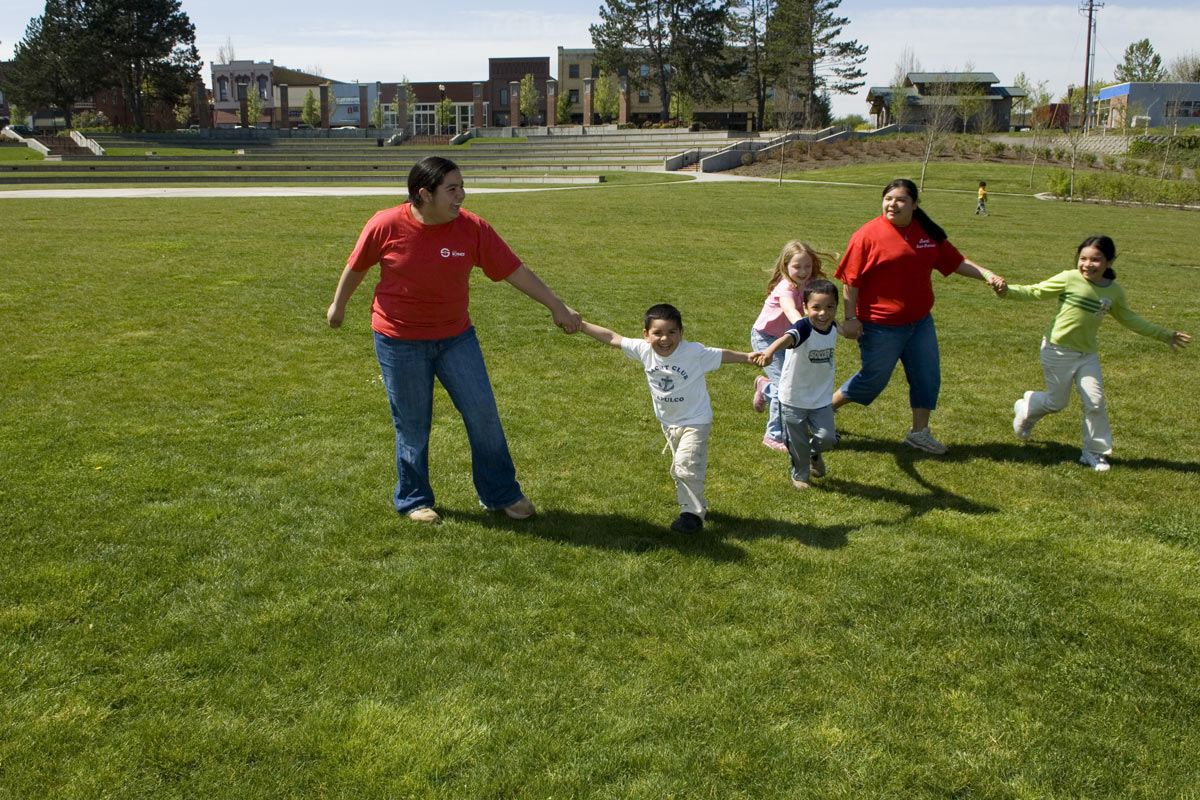Trust is key to building strong, authentic relationships with grantees.
The essence of trust building is captured in a phrase we use: Relationships are built at the speed of trust. Relationships can only develop as quickly as two individuals or groups learn to trust each other.
Trust is key in our relationships with grantees. Otherwise, the relationship can be too transactional. We can’t learn from or effectively collaborate with our grantees if transparency and power aren’t balanced.
In the past year, as we’ve worked on the refinement of our strategic grantmaking, we reached out to grantees for help. We wanted to hear their feedback, get their advice, and learn how we can be a better grantmaker and a more reciprocal partner.
In 2020, in response to multiple crises, we also began offering less restrictive grants and more general operating support grants, giving our grantees flexibility to tailor grants to their unique needs. We’re showing that we believe in the work our grantees do and we have confidence in their expertise and experience in how they respond to their communities.
Our less-restrictive grantmaking was especially important at the outset of the pandemic. By simplifying grant applications, amending grant agreements, and making smaller grants more available, we showed grantees we trusted them to use the funding for what they truly needed.




